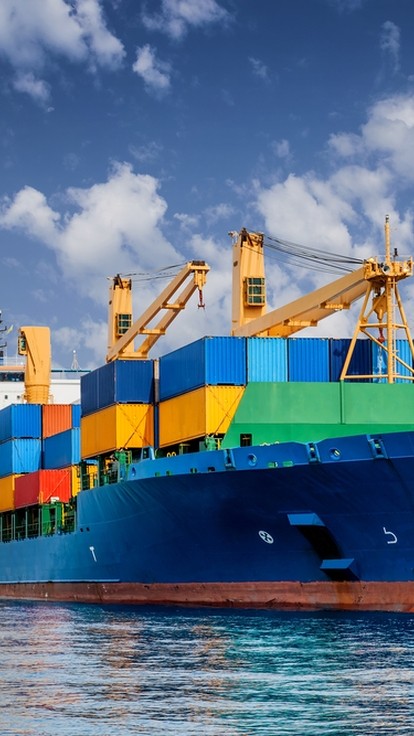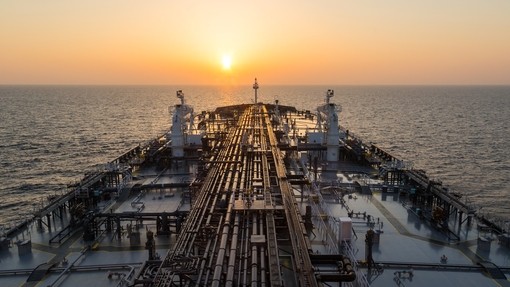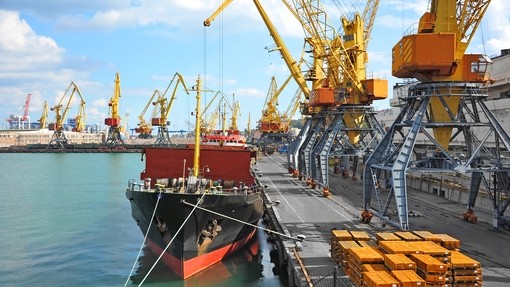Trade advantage – sanctions bulletin

Details
EU extends and updates Russia/Ukraine sanctions
In September 2017 the European Union (EU) extended sanctions on people and entities said to be undermining the territorial integrity, sovereignty and independence of Ukraine relating to the annexation of the previously Autonomous Republic of Crimea (‘Crimea’) and the city of Sevastopol (‘Sevastopol’). Asset freezes and travel bans now affect 149 individuals and 38 entities and are set to be in place until 15 March 2018.
Economic sanctions targeting Russia in certain sectors as a response to non-implementation of the Minsk agreements have also been extended. The sanctions limit Russia’s access to EU capital markets for some Russian banks and companies; impose import and export bans on trade arms; establish an export ban on certain goods for military related use in Russia; and curtail Russian access to certain sensitive technologies related to oil production and exploration. The sanctions are currently in place until 31 January 2018, but it is worth bearing in mind that the EU has previously extended these sanctions three times.
There are also a number of trade restrictions in place regarding the territorial areas of Crimea and Sevastopol. Council Regulation (EU) No. 692/2014 prohibits the:
- importation of goods into the EU from Crimea and Sevastopol and the financing of such activities;
- sale, supply, transfer or export of goods and technology for use in transport, telecommunications, energy and the prospection, exploration and production of oil, gas and mineral resources to Crimea and Sevastopol;
- provision of technical assistance and brokering related to the goods and technology as listed above, or related to the provision, manufacture, maintenance and use of such items to any natural or legal person, entity or body in Crimea or Sevastopol or for use in these territories; and
- provision of services directly related to tourism activities in Crimea and Sevastopol.
The reach of the Regulation is broad. It applies within the territory of the EU including its airspace, on board any aircraft or vessel under the jurisdiction of a member state; to any person inside or outside the territory of the EU who is a national of a member state; to any legal person, entity or body inside or outside the territory of the EU which is incorporated or constituted under the laws of any member state and to any legal person, entity or body in respect of any business done in whole or in part within the EU.
Great care must be had should businesses consider trading with Crimea and/or Sevastopol based entities. Trading parties who may affected by these restrictions should naturally seek legal advice where necessary.
The measures are currently set to last until 23 June 2018 but the EU has extended other relevant sanctions in the past. The measures intend to focus on those entities involved in the annexation of the Crimean peninsula so traders contracting with entities elsewhere, within Ukraine, should not be adversely impacted.
Also of potential relevance for our EU-based clients and contacts is the EU-Ukraine Association Agreement (AA), including a Deep and Comprehensive Free Trade Area (DCFTA) which entered force on 1 September 2017. The EU is Ukraine’s largest trading partner, to which Ukraine’s main exports are raw materials (iron, steel, mining products and agricultural products), chemical products and machinery.
Under the DCFTA, Ukraine and the EU will eliminate 99.1% and 98.1% of duties in terms of the value of trade respectively. For agricultural goods, duty-free tariff rate quotas have been granted to the Ukraine for cereals, pork, beef, poultry and a small number of other products, while for others the progressive elimination by the EU of customs duties will occur over a longer transition period (10 years or so).
Furthermore, the AA incorporates fundamental World Trade Organisation (WTO) rules on non-tariff barriers including national treatment, prohibition of import and export restrictions. Export duties will be prohibited from 1 September 2017 with some temporary exceptions for agricultural and metal products.
Ukraine intends to progressively adapt its technical regulations and standards to those of the EU, reiterating the parties’ commitments under the WTO agreement on reducing technical barriers to trade (TBT). The EU and Ukraine have both agreed to cooperate on TBT issues to simplify and avoid divergence of technical requirements.
US imposes new sanctions on Venezuela’s government
In August 2017, the United States of America imposed new financial sanctions on President Maduro’s government in Venezuela albeit that they will not impact oil trade given the importance of Venezuelan oil to the US economy.
The sanctions prohibit dealings in new debt and equity issued by the government of Venezuela and its state oil company, Petróleos de Venezuela, S.A. The sanctions also restrict trading of Venezuelan bonds owned by the Venezuelan public sector and prevent the direct payment of dividends to the Venezuelan government.
To mitigate any adverse economic impact these measures may have on the American and Venezuelan people, the US Treasury has issued several general licences, in particular for the finance of most commercial trade, allowed 30 days periods for trades to cease and allowing humanitarian goods to be financed. Most importantly, the US have refrained from imposing sanctions on any imports of Venezuelan crude oil which will be a relief to US businesses, oil majors and traders alike.






